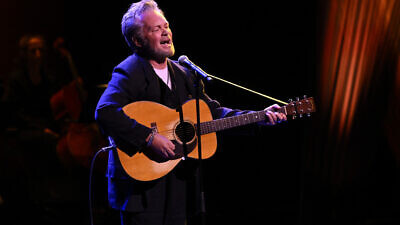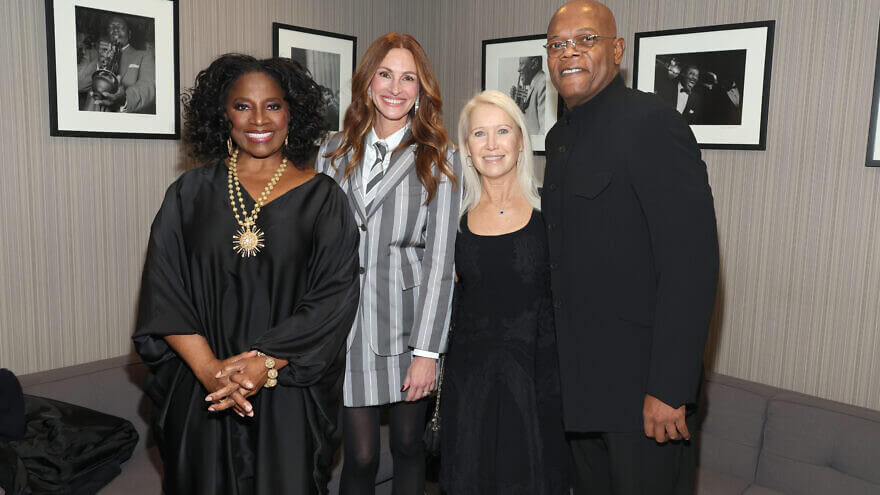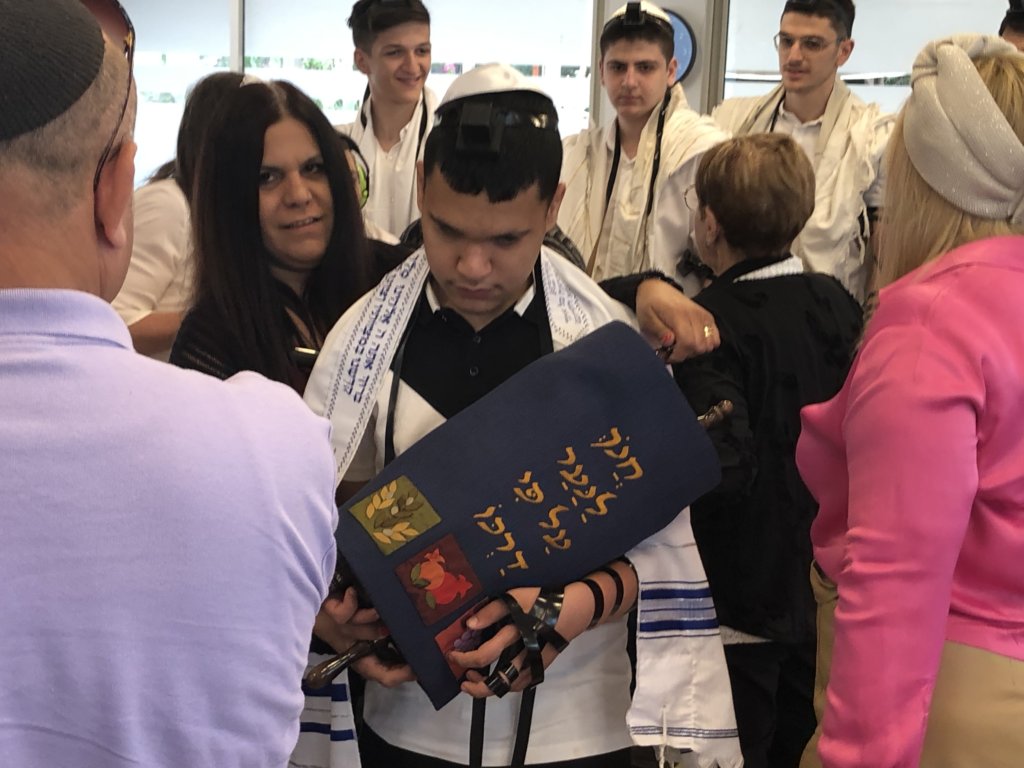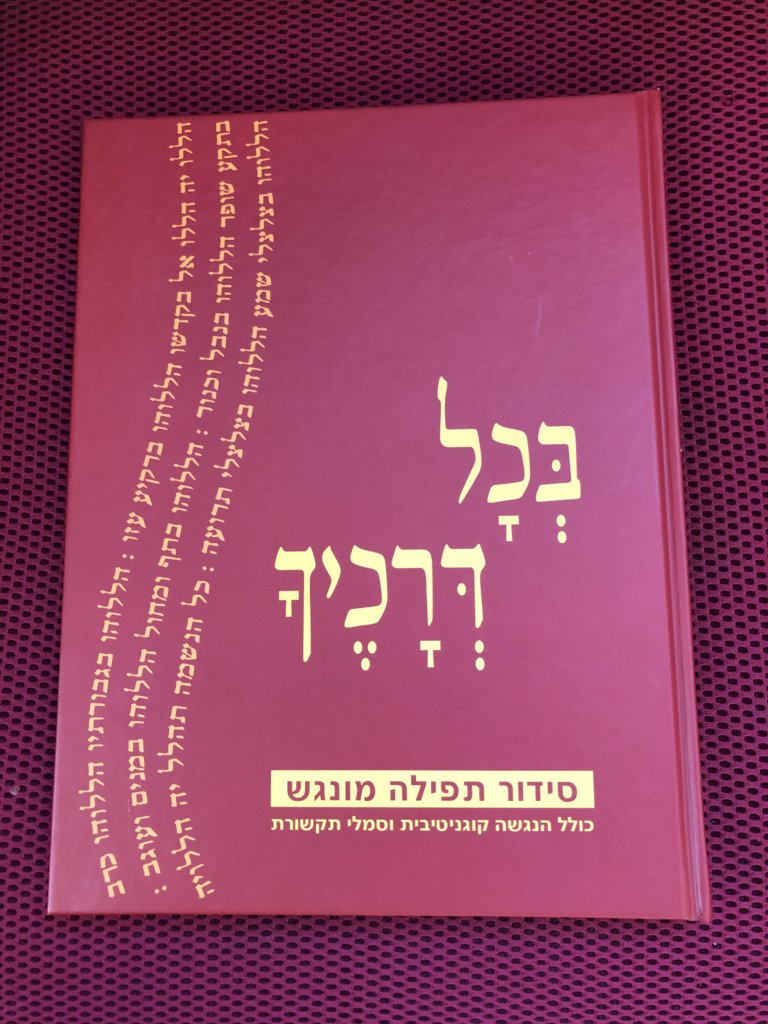Original Article Published On the JNS
The Jordan River Village is the only free, year-round, medically safe, overnight camp in the Middle East for kids living with serious medical conditions and disabilities.
The applause from the audience of over 900 at the SeriousFun Children’s Network gala at New York’s Jazz at Lincoln Center was rivaled only by the smiles of the 22,000 children with serious illnesses and 5,000 families who have taken part in the activities of the Jordan River Village in Israel during the past 10 years.
The Jordan River Village camp in Givat Avni (15 minutes west of Tiberias and 40 minutes east of Haifa) is part of the SeriousFun Children’s Network, the global organization of 30 camps and programs founded by the late actor and philanthropist Paul Newman. The Nov. 14 gala, which raised $2.2 million, honored Newman’s widow, Joanne Woodward, and brought together inspiring campers and celebrities such as actors Julia Roberts and Samuel L. Jackson, singer/songwriter Sara Bareilles and violinist Joshua Bell.
Roberts spoke of her personal connection to the camps. “I was a counselor for one summer at the Hole in the Wall Gang Camps [founded by Newman in 1988 and part of the SeriousFun Network]. I witnessed some of the strongest and bravest people.”
The biggest stars of the evening were the campers from SeriousFun Children’s Network, including Logan, Taylor, Maddie, Serenity, Drew, Zippy and Sophia. The campers wowed the crowd with a number of musical performances, participated in segments with SeriousFun’s celebrity guests and shared personal stories of the impact of the camps. Drew said, “At camp, I feel safe and respected and loved all the time.”
Taylor’s mother, Natasha, spoke of her daughter’s 40 hospitalizations and transfusions. “Through it all, Taylor has been a trooper. She is strong, resilient and brave in the face of it all. Camp gets it. All of it. They think of everything. There is no need for drone moms. At camp, she found her second home. We are blessed with a village!”
Jackson and his wife, LaTanya Richardson Jackson, noted Woodward’s great impact on the children served by SeriousFun. “On top of her incredible career, we also want to honor her work over the years with the SeriousFun camps. She and Paul always recognized the real stars at the camps are the kids. And that’s the truth.”

Other performances came from singer/songwriter John Mellencamp; Bell, accompanied by pianist Peter Dugan; and the Martha Graham Dance Company.
Bell shared a moving story of flying with Newman on his personal plane to visit and perform at one of his camps. “I was looking for the place when all of a sudden, Joanne walks out—in jeans with her hair tied back with the warmest smile.” He recounted how she kept in touch with many camps “for a long time.”
The evening also featured personal video messages from Elton John, Meryl Streep and Channing Tatum. The showstopper, however, was the event finale of “Brave,” performed by Bareilles together with the campers.
The Jordan River Village, the only free, year-round, medically safe, overnight camp in the Middle East for kids living with serious medical conditions and disabilities, is one of SeriousFun’s 16 camps and programs serving children living with serious illnesses and their families around the world. Another 14 camps in South America, Africa and Asia make up the network’s 30 camps worldwide. The 60-acre camp in Israel features Jerusalem stone and is bright white; the materials used in the construction of the zipline and climbing structures take local weather conditions into consideration.
Campers at the Jordan River Village camp live with a wide range of serious and chronic illnesses (both visible and invisible) and represent the diversity of Israeli society—participants come from all over Israel, are rich and poor, Jewish and Arab, Hebrew and Arabic speakers, religious and secular. There are participants with 40 different medical conditions, including (but not limited to) spina bifida, arthritis and kidney, metabolic, neurological and skin disorders; some campers are ventilator-dependent. The camp aims to help participants gain confidence and a sense of independence.
The Jordan River Village was initially shut down during the COVID-19 pandemic and was then given permission to reopen in a limited capacity under certain conditions. The village created “JRV on Wheels” to bring the camp program to families.
The camp is in the process of starting a fully medically accessible mechina (post-high school, pre-army informal education) program as well as an accessible glamping option.
Newman and his impact are still very much felt at the camp. He “was part of the building of Jordan River Village, but he never made it here,” noted Gail Androphy, executive director of American Friends of Jordan River Village. Newman died in 2008, four years before the camp opened after raising $30 million from supporters in Israel, the U.S. and worldwide. Today, the village continues to receive support from the Newman’s Own Foundation. Its annual budget of $3.5 million supports a lean staff that is supplemented by thousands of volunteers a year.
Newman, who visited Israel in 1959, is known for his portrayal of Ari Ben Canaan in “Exodus,” the 1960 film based on the historical novel by Leon Uris about the famous Exodus ship and the founding of the State of Israel. The Jordan River Village was inspired by Newman and founded by the late Murray and Marilyn Grant, Chaim Topol, Michael Finkelstein, Sue Ann Friedman and many others. “I’ve heard from [Newman’s] daughter and his friends that he loved Israel,” said Androphy, who added, “He shaped Americans’ perceptions and love of Israel through his portrayal of Ari Ben Canaan in ‘Exodus.’ ”
Newman even had a sense that the camp would one day lead to peace in the Middle East. In 2000, Newman wrote to the Grants, founders of the village, “I share your hope that, in the future, this camp can reach children from throughout the eastern Mediterranean and serve to enhance the efforts toward peace in your region.”






